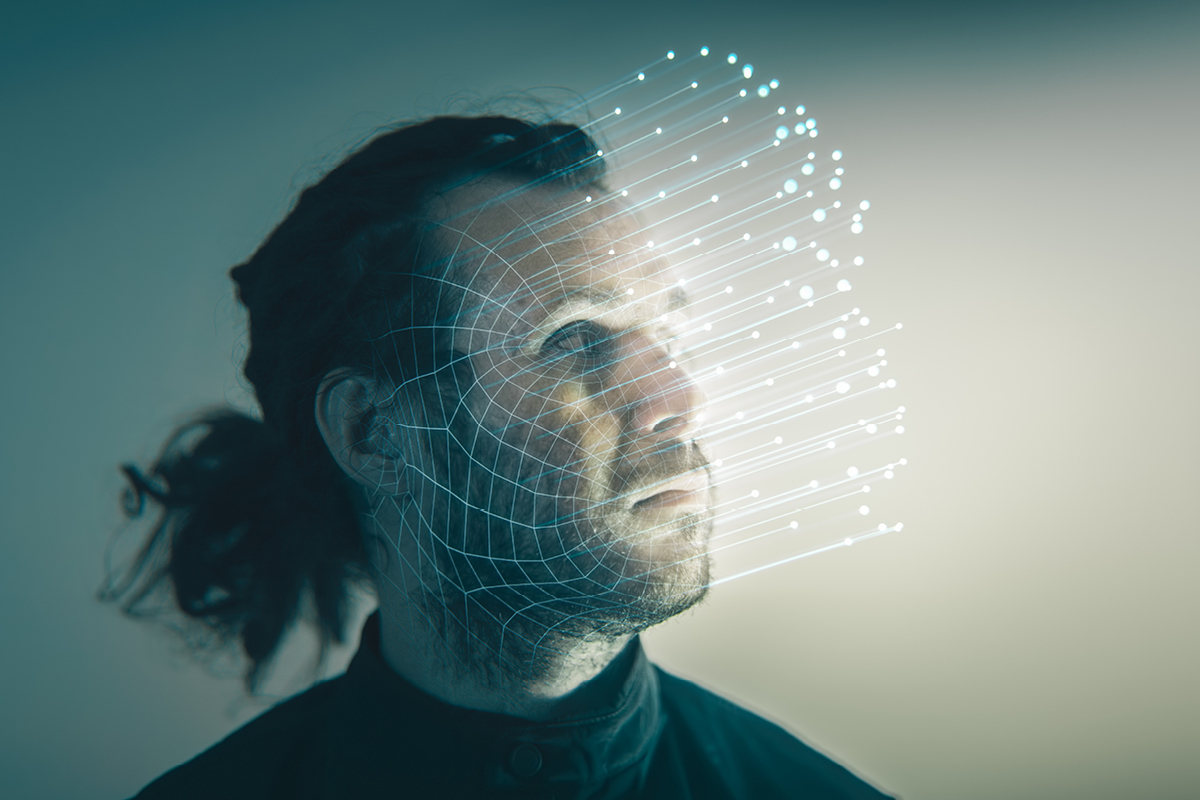Lately, there has been a lot of hype around artificial intelligence transforming the future of work. However, the conversation to date has been vague and largely negative, leaving many Australian employees wondering whether their roles are at risk of becoming obsolete.
Customer service is one of the sectors bearing the brunt of this concern, which is causing alarm among the 73,000 contact centre agents in Australia. With recent statistics showing that 14% of Australian organisations expect to offer chatbots this year, compared to only 2% in 2017, there is no wonder that the rapid adoption of technology in the workplace has given rise to questions around what AI means for the future of work.
Evolution of the contact centre
Traditionally, contact centres have been viewed solely as support functions. The perception is that they are expensive and inefficient, with statistics showing they field 265 billion calls per year at a cost of A$1.8 trillion.
Today’s leading global businesses are starting to differentiate themselves through customer service. They understand contact centres can play a strategic role in the organisation. This is driving an evolution in their customer service to keep up with consumers’ preferences.
This involves scrapping old models of customer service, where businesses’ greatest assets – their customers – are placed on hold before being served by a labour-arbitraged contact centre. Instead, leading global businesses are providing their services through their customers’ channels of choice, such as SMS, Facebook Messenger, WhatsApp and Instagram.
However, the scale of messaging we’re talking about is not feasible, or practical, without some level of automation. This has resulted in AI and chatbots being introduced to handle lower-value, repetitive tasks, freeing humans to handle more complex, value-adding engagements. AI and chatbots can help businesses save on customer service costs by speeding up response times, answering routine questions, and freeing up human agents for more challenging work.
Artificial and human intelligence combined
At LivePerson, we believe it’s not a matter of AI versus humans, but rather humans working in tandem with machines.
It’s not hard to see how replacing boring and repetitive tasks with automation, and leaving higher-value conversations for humans, will make contact centre agents’ experiences at work more satisfying. In fact, the brands we work with are seeing a 50% decrease in agent attrition rates.
One of the main negative arguments has been AI will ‘steal’ Australians’ jobs, resulting in unemployment. Traditionally, the development of software technology has been the domain of computer scientists.
However, employees in contact centres who converse with consumers on a daily basis are, unarguably, the best conversational designers for AI. We expect to see a shift towards platforms that allow agents working in contact centres to develop conversational AI experiences. (LivePerson has already launched a platform that allows agents to build and manage AI experiences.)
While there is fear of AI making certain roles obsolete, rest assured digital transformation will not lead to humans being replaced. Despite widespread technology adoption, a customer’s need for human interaction will remain essential within the workplace. In customer service, the trend towards conversational commerce will in fact create new roles, increase productivity and foster a collaborative approach between human agents and AI to deliver on a more personalised customer journey.







